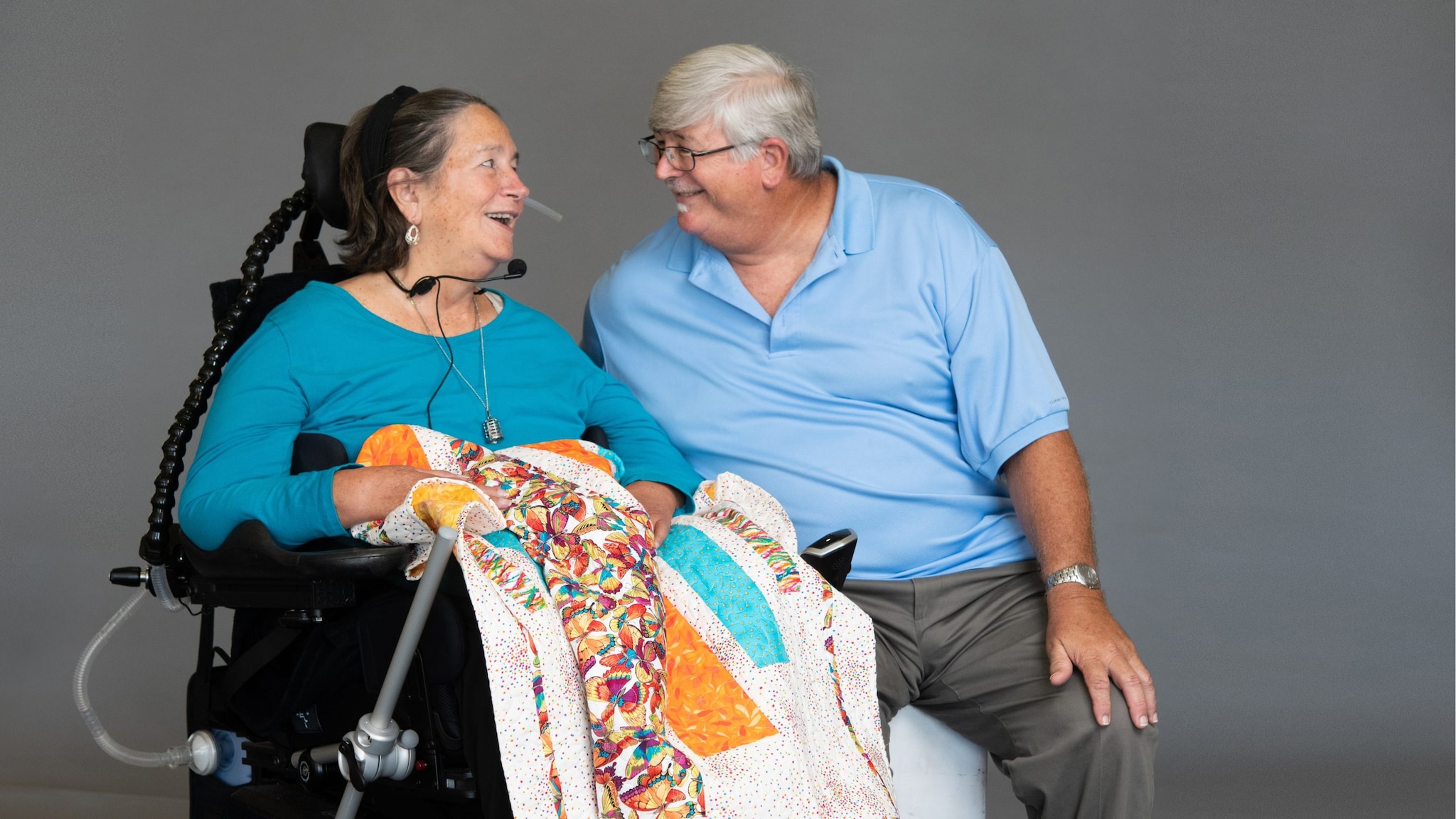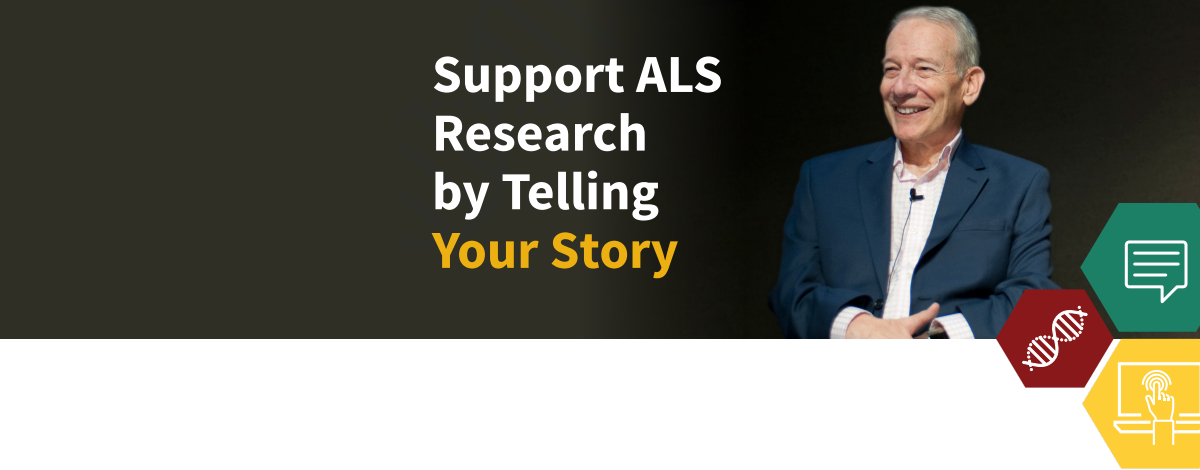Key points
Your story provides crucial information for the Registry. As more people with ALS complete risk factor surveys, the Registry has more data. Every piece of data helps researchers better understand the disease and its possible causes.

Tell Your Story with Risk Factor Surveys

How to Share Your Story
The National ALS Registry gives people living with ALS the opportunity to share their story and help further research by completing risk factor surveys.
There are 18 different surveys, and each asks about different topics, such as:
- Environmental exposures—where you worked or lived
- Job history
- Military History
- Physical Activity
- Pesticide Use
- Head and Neck Injuries
The Importance of Completing the Risk Factor Surveys
- Your story provides crucial information for the Registry. As more people with ALS complete these surveys, the Registry has more data. Every piece of data helps researchers better understand the disease and its possible causes.
- Researchers across the world can use these data for studies.
ALS Research Counts on You
Common Questions
How long will it take to complete?
Most surveys take about 5 minutes to finish. Some surveys take longer. You do not need to complete all the surveys at one time. You can stop and return to it later.
Do I need to take the surveys in order?
You don't have to, but it's best to start with Survey 1.
Can I change my answers?
You cannot change your answers after you have completed and submitted the survey.
How many times do I have to complete each risk factor survey?
Each survey can be taken only one time, except the Disease Progression survey. You can take this survey three times during the first year, and then twice a year after that.
What if I need more help?
If you have any questions or need assistance, talk to a family member, caregiver, friend, or your local ALS chapter, office, or clinic. If you still have questions or need more information, contact CDC at 800-232-4636.
